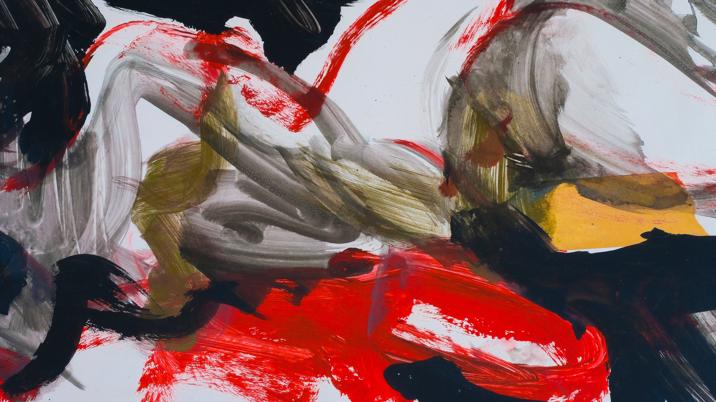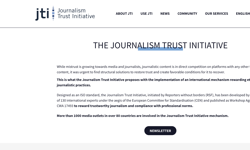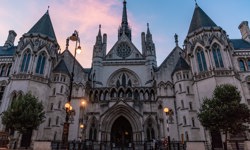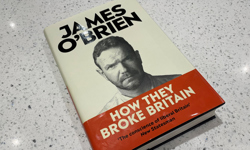
As reported by Mariella Brown on the Society of Editors website:
Since last October as many as 52 journalists worldwide have lost their lives due to their work with at least 24 killed in targeted attacks, according to the International Press Institute’s Death Watch.
The news comes as the world marks International Day to End Impunity for Crimes against Journalists to draw attention to governments failing to bring perpetrators to justice, the IPI has announced today.
Arrests have only been made in 10 cases for such attacks, with IPI condemning the “alarmingly insufficient responses by authorities to grave crimes against journalists”.
“The unbroken cycle of impunity for crimes against journalists fuels further violence against the press at a time when the free flow of news is more valuable than ever”, IPI Deputy Director Scott Griffen said. “The failure to bring those who kill journalists to justice is unacceptable and an attack on the public’s right to receive information.”
End Impunity in the UK
To coincide with the ‘End Impunity’ day in the UK, the National Union of Journalists has released its annual Safety Report which has seen 98% of respondents agree that those in public office have a leadership role to play in maintaining high levels of public discourse and should not restrict media access.
Ninety-four per cent of NUJ members said that public discourse in the UK has impacted adversely on the safety of journalists.
Evidence of abuse and harassment was reported with journalists revealing they have been punched, threatened with knives, forcibly detained, kicked and spat at.
As well as physical assault, journalists are being threatened online and offline, including death threats, rape threats and other threats to their families and homes.
More than three-quarters of respondents (78%) agreed that “abuse and harassment has become normalised and seen as part of the job”, with 55% of respondents said the abuse had affected their wellbeing and mental health.
Female and ethnic minority journalists are particularly likely to be singled out for harassment, the survey found.
NUJ general secretary Michelle Stanistreet warned that such abuse also risks silencing journalists and censoring debates.
“We need an end to the dismissal of journalism as fake news, we need to improve levels of access for the media and we need to act robustly to stamp out disinformation and fake news,” Stanistreet commented.
The NUJ general secretary added that social media platforms should also do more to deter and stop abuse.
“We are in danger of allowing abuse and harassment to become normalised, to be seen as something that is part of the job. We cannot allow that to happen,” she said.
Last year ministers established a National Committee for the Safety of Journalists, of which the Society of Editors is a member, to propose measures to deal with the rising number of threats against the media.
It was reported last month that journalists would be protected by new laws that require social media companies to take responsibility for threats and abusive material on their platforms.
Covid-19 and freedom of expression
Meanwhile, worldwide freedom of expression groups the Journalists for Justice Foundation and Index on Censorship have produced a report on how journalists and media works have been silenced under the cover of Covid-19.
Over 245 verified incidents against press freedom specific to the Covid-19 crisis have been recorded from March to September and tracked on Index’s Disease Control map.
Fifty-one of these incidents are attacks on journalists and 63 are detentions or arrests.
Incidents tracked in the map include the case of a Manchester Evening News reporter, Jennifer Williams, who faced criticism by the Housing Ministry of running an ‘inaccurate article’ over the housing of rough sleepers during the crisis.












